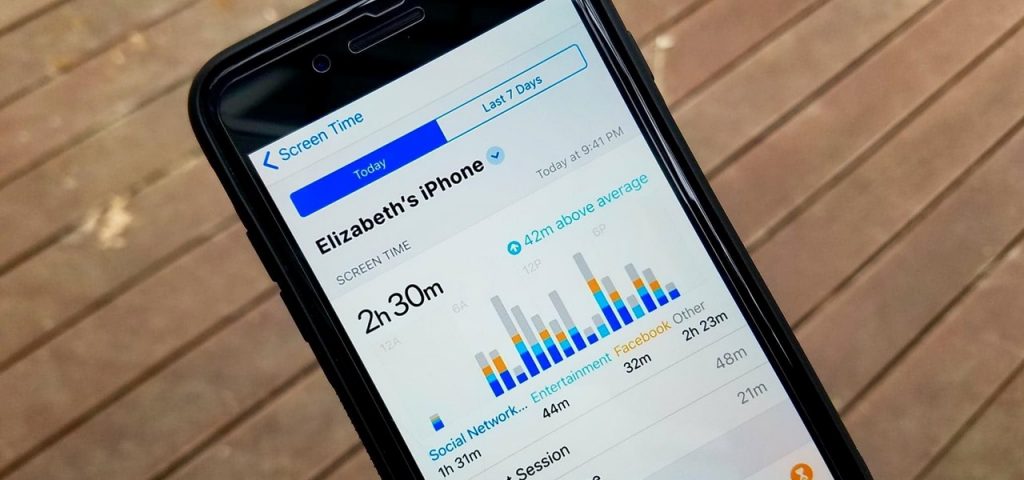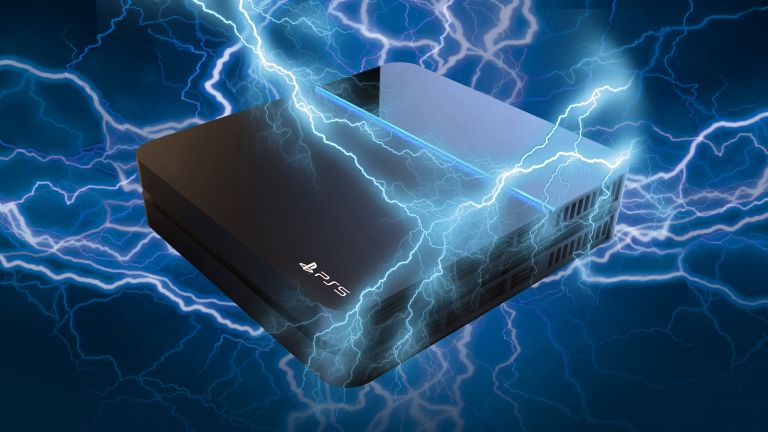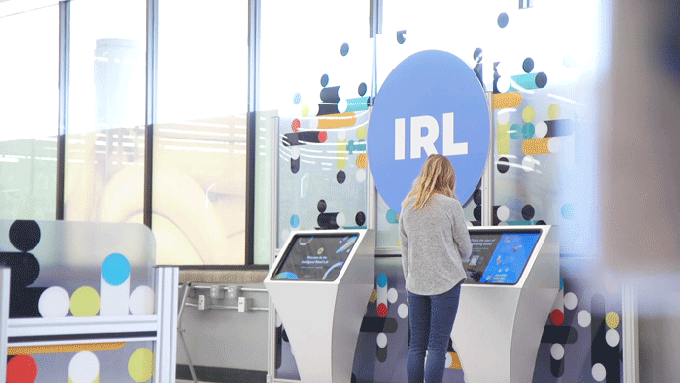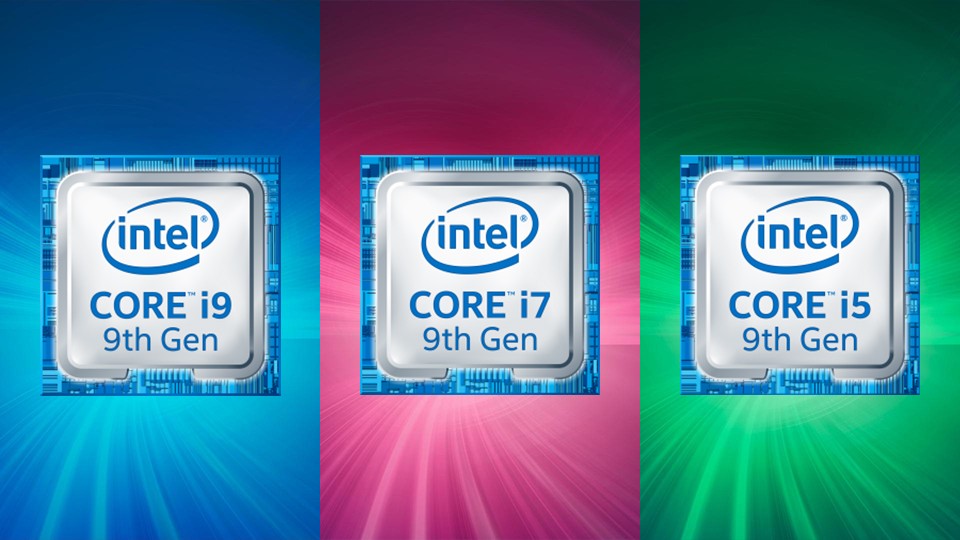Apple Pulls Off Third-Party Screen Time Apps from Apple Store Violating its Privacy Policies
Apple launched its screen time monitoring feature for all its iOS users and following that many other third-party developers also released their screen time monitoring and parental control apps. But it seems that Apple is not happy about it, as it has abruptly removed a few such apps from its iOS stores.

Noticeably, Apple has built its screen time monitoring feature only for the iOS users, whereas the third-party apps are compatible with both iOS and Android having better features than the Apple’s screen time monitoring features. Reportedly, iOS’s feature has flaws like only a few methods of blocking apps for kids, less-granular scheduling, as well as in many cases the kids were able to modify the filtering tools themselves.
But it is not that the company is insecure about the popularity of its screen time feature, but in a blog post, Apple mentioned the name of some apps including Balance Screen Time by Moment Health and Verizon Smart Family, as the best parental control apps apart from its own, giving the reasons for removing the other third-party apps from Apple store.
“We recently removed several parental control apps from the App Store, and we did it for a simple reason: they put users’ privacy and security at risk. It’s important to understand why and how this happened,” said Apple in the blog post.
According to Apple, the removal of the apps from its Apple Store has been presented as a step out of insecurity. But those third-party apps were using Mobile Device Management (MDM), an invasive technology, which makes the apps to access the users’ some of the very personal information, including location, email address, gallery, browsing history, etc. The company has been investigating this MDM technology since 2017, and by the mid of 2017, it had made some strict guidelines on the usage of MDM in the non-enterprize apps.
On the other hand, the third-party companies which got their apps removed from the Apple store, have claimed that there were no clear indications or notification from Apple on the pulling off their apps from the Apple store. Most of the companies have admitted that 80 per cent of their revenues come from Apple Store.
But Apple is confident that those apps were a bigger threat to its customers’ privacy and data security as those apps had violated its guidelines. Though the company is simply following its rules for the safety of its ‘users’ data’, a few companies including Kidslox and Qustodio as well as Kaspersky Lab filed an antitrust complaint against Apple in the European Union, after Apple pulled off their screen time apps from Apple Store.

Yashica is a Software Engineer turned Content Writer, who loves to write on social causes and expertise in writing technical stuff. She loves to watch movies and explore new places. She believes that you need to live once before you die. So experimenting with her life and career choices, she is trying to live her life to the fullest.






